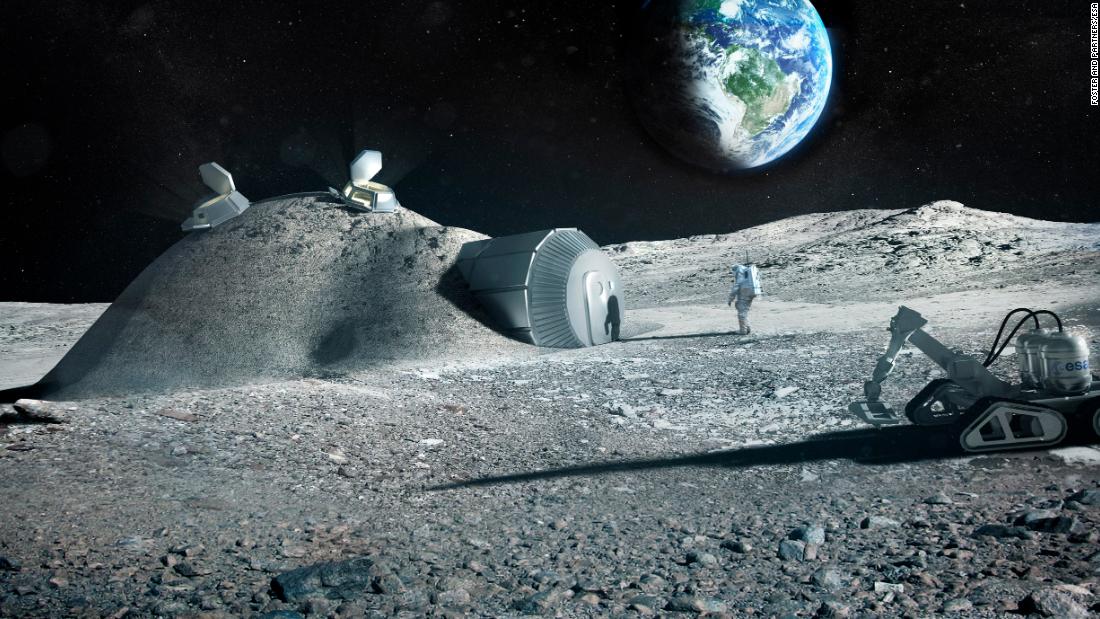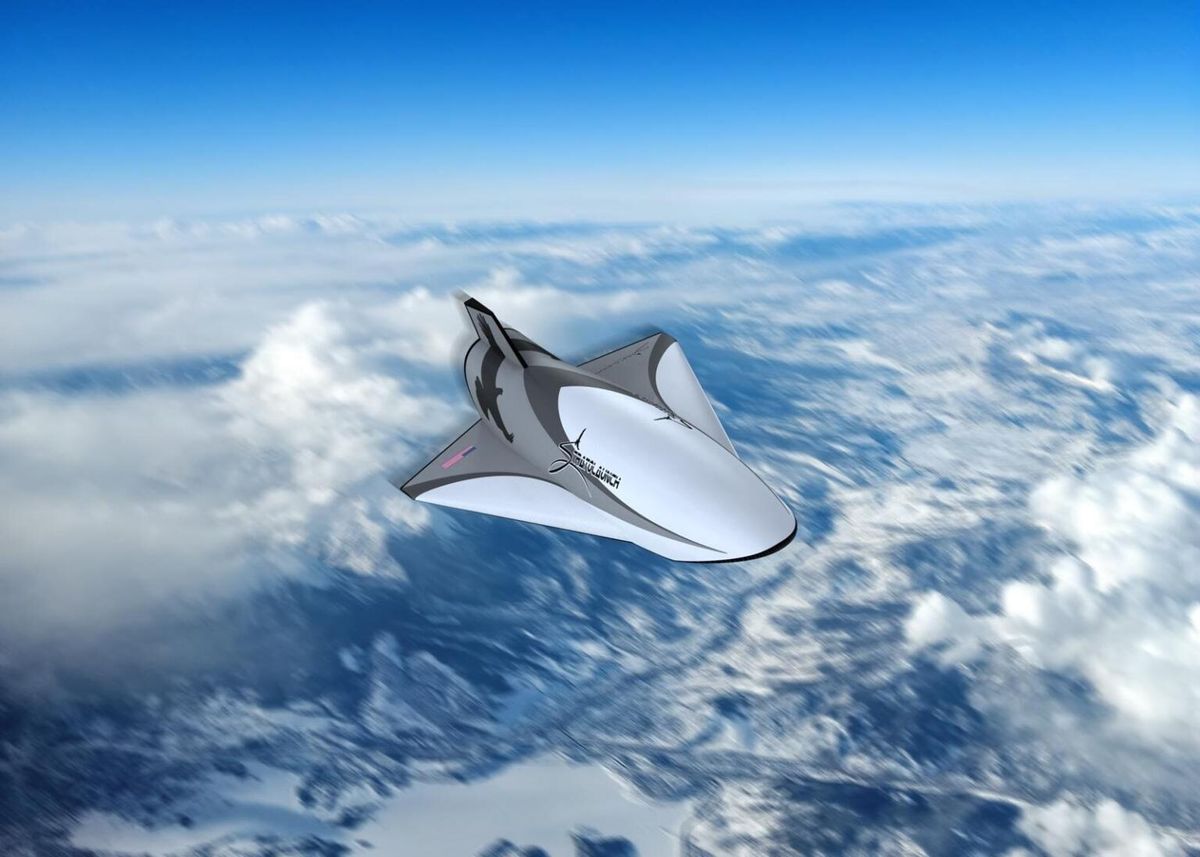Other View: 50 years on, space travel still captivates | Editorials | effinghamdailynews.com

Advancements in computers, medicine, physics, and the understanding of how space travel affects humans all have come in the years since the end of the Apollo program and our last moon landing. Much of the research continuing today takes place aboard the International Space Station or with data recorded and transmitted back to earth by unmanned satellites.
Although Elon Musk and others are pursuing the goal of human space travel run by private companies, NASA has been pumping billions into development of a skyscraper-sized Space Launch System that it hopes could take Americans back to the moon as early as 2024.
Not to change the topic here:
Coronavirus crisis slows space exploration | Coronavirus pandemic News | Al Jazeera
It is also causing astronomical headaches for space travel, halting work, for example, on the US's next manned mission to the Moon.
A Coronavirus-Size Pause Button on Space Exploration - The Atlantic

Space-exploration delays are a tiny drop in the bucket of cancellations around the world. But they show how the pandemic has upended civilization more clearly than the postponement of important conferences or even the Summer Olympics have. Space exploration has long been seen as a marker of human ambition, a testament to our capacity to think beyond our earthly existence—and then actually loft ourselves toward the skies.
It might be tempting, for the science-fiction-minded, to think that global emergencies like this pandemic are proof that space exploration is more worthwhile than ever, because it's our ticket out of here. But moving a large chunk of humanity off Earth, even if it could be done, would hardly be a panacea. Preparing a passenger ship to Mars under threat of infection would be difficult, and so would preventing the virus from hitching a ride.
MultiBrief: A look at the latest developments in private space travel

Justin Bieber and Leonardo DiCaprio are reportedly ready to take off...to space. They are among the rich and famous who are said to have purchased their tickets for Virgin Galactic's inaugural flight to space. They will be sharing cabin space with the founder of Virgin Galactic, Sir Richard Branson, among others. The maiden private commercial flight is scheduled to take off at the end of this year.
This sector could generate billions of dollars in new business for Virgin Galactic in the future. Virgin Galactic estimates the total addressable market is $900 billion.
And here's another article:
Moon bases could be built using astronaut urine - CNN

(CNN) When NASA astronauts return to the moon in 2024, they'll need a lunar base that allows them to stay on the surface. And the astronauts may build their base using something readily available: their urine.
Top tips for self-isolation from Dr Helen Sharman
Dr Helen Sharman, CMG OBE CChem HonFRSC, the first British astronaut, is no stranger to isolation, uncertainty, and confined spaces. As many of us around the globe prepare for several weeks of lockdown, Helen shares with us her top tips for keeping spirits up, staying connected, and making the most of a difficult situation.
"These qualities are vital in a spacecraft. Open communication helps us to understand each other’s frustrations and what makes us happy. And it helps if the grotty jobs are shared (tasks like compacting the solid toilet waste and changing filters are done on rotation in space)."
Stratolaunch to launch hypersonic vehicals from world's biggest airplane | Space

"Our hypersonic testbeds will serve as a catalyst in sparking a renaissance in hypersonic technologies for our government, the commercial sector and academia," Stratolaunch CEO W. Jean Floyd said in a statement on the company website .
The huge plane is key to this new mission, hauling vehicles aloft to test various payloads in the extreme environments imposed by hypersonic flight. Those vehicles will include Stratolaunch's Talon-A, a 28-foot-long (8.5 m), 6,000-lb. (2,722 kilograms) reusable craft capable of reaching Mach 6.
Air Mobility Command temporarily suspends most Space-A travel due to COVID-19 | Colorado Springs

Travelers under certain categories, including service members and dependents on emergency leave and Wounded Warriors, remain eligible for Space-Available travel, as noted in the table be- low. However, travel via Space-Available is never guaranteed and, as always, travel is available only on a space-available basis.
At the recommendation of U.S. Transportation Command and Air Mobility Command leadership, Hon. Ellen Lord, Under Secretary of Defense for Acquisition and Sustainment, authorized the temporary suspension in order to increase force health protection measures and decrease risk to the Department of Defense mission amidst the outbreak.
Happening on Twitter
Right #now Chandra is gazing into the Eyes Galaxies in Virgo. About 50 million light years from Earth, the galaxies… https://t.co/9b1uckzUOB chandraxray (from In orbit) Fri Mar 27 14:20:04 +0000 2020

Comments
Post a Comment